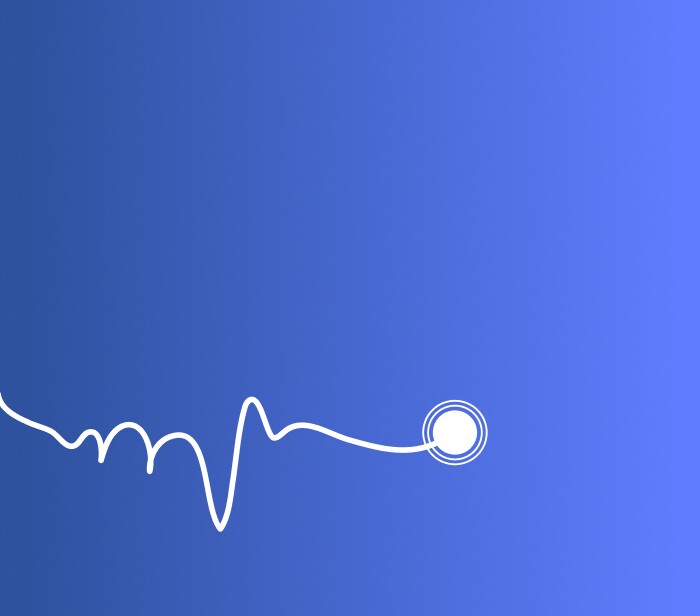CT (computed tomography) is a non-invasive and painless medical examination. In the examination, x-rays and advanced computer technology are used. The examinations provide a comprehensive two- and three-dimensional image of the organs being examined.
CT scan of the internal organs, bones, soft tissues, and blood vessels provides a clearer picture of those structures than conventional x-ray examinations since it shows the body and organs in slices and in three dimensions.
What does computed tomography examination require?
The examination is performed for a range of medical problems, such as: investigation of persistent patient complaints, as well as for urgent and immediate indications, such as: pain, chronic weakness, unexplained weight loss, follow-up examinations in the framework of the treatment of chronic problems, examination of heart structure and arteries, in preparation for operations, and the like.
The CT machine is also used as an immediate diagnostic tool in the framework of the hospital in instances where emergency intervention is considered after cases of trauma or to follow up surgical complications if a stroke is suspected or in cases of preparation for complex surgical procedures.
Preparation for CT scan
Some of the examinations require preparation before or during the examination. The experienced staff of radiographers and radiologists will decide regarding each examination in accordance with a medical judgment regarding the scope and type of preparation, to enable an optimal examination to be performed, addressing the medical question presented by the referring physician for investigation.
How the CT scan is performed
The patient lies on a bed that is moved and controlled by the CT scanner. During the examination, the examined region of the body will be placed inside the scanner. The scanner moves 360 degrees around the patient, without touching his body. Each examination provides non-analyzed information. The information is transmitted to a very powerful computer that collects the information received, organizes it in a range of slices, yielding continuous two-dimensional or three-dimensional information regarding the required organ/structure. The injector is automatic and is connected to and synchronized with the scanner.
On completion of the scanning, which takes a few seconds to minutes, the patient will be released to the waiting room, and a few minutes later will receive a disc containing the scan images.
The final interpretation will be received within 5 working days.
In addition to regular CT examinations, below are some specific types of examinations performed with the CT scanner at Herzliya Medical Center:
- Vascular imaging
- Assessment of the structure and development of the bones
- Virtual cardiac catheterization
- Virtual colonoscopy (examination of the large colon)
- Imaging of the small colon
- Examination of the urinary tract and urinary system
- Imaging of the structure of the jaw and teeth
- Taking biopsies
- Finding malignant tumors
- Early identification of pathological findings in the lungs
- Special scan in preparation for joint replacement
- Imaging of the chest and the coronary blood vessels
For further information and advice, please call us at +972-9-959-4888.
 Patients Log In
Patients Log In 










